What in twenty-first-century Britain is it better to be: posh or cool? Of course the correct answer is: it’s best to be posh and cool. But posh people, on the whole, tend not to be cool and really cool people aren’t usually posh.
But the tribes have a lot in common. They share a certain insouciance, which is a posh word for total indifference to the feelings and thoughts of other people. They are both anti-democratic and anti-meritocratic in spirit and practice. No matter how hard you try and how much money you have, you can’t join the posh or be cool. Like sex appeal, you’ve either got or you ain’t.
Defining either group is not easy, but you know when you see it — or in the case of the posh, hear it. You can tell instantly when you’re in the presence of someone who’s cool. It’s in the way they dress or slouch or smile. Spotting the posh is harder. The young ones dress like urban kids the world over and talk like them too. Even the older posh ones are hard to spot because the last thing the posh want to do is appear posh.
Recently I was at a party chatting with some guy who seemed nice but a bit bland. He suggested we have lunch, and I gave him the brush-off. Later, I learned he was the Earl of Everything and is set to inherit a massive estate and half of London.
We modern meritocratic-minded people are meant to say that we’re not impressed by titles, big country houses, beautiful estates and all that Brideshead jazz — but we are. (Well, I am.) Hanging out with the super-rich 1 percent is vulgar; hanging out with the 1 percent posh who are super-rich is fine. The one big drawback is that they have these giant homes with beautiful libraries full of awful books. And in the bedrooms, you will always find dead flies on the windowsills.
Every so often a piece appears in the British press declaring that it’s cool to be posh — it’s usually written by some posh girl who wishes she were cool. A list of pop stars and actors who went to posh schools is cited as evidence. But a posh school does not make someone posh. Boris Johnson went to Eton, but no one would say he is posh. As for so-called Posh Spice — Victoria Beckham — forget it. It may be fashionable to be posh, but it’s never cool.
No young person longs to be posh — they long to have money, which is not the same thing. But all young people want to be cool. Correction. I bet Keir Starmer never wanted to be cool when he was young. (If there were ever someone who personified the soullessness of Meritocratic Man, it’s Starmer.) Clearly, Tony Blair did. Why else would he have learned to play the guitar?
Unfortunately, the word “cool” is even more overused than “iconic.” And it’s always irritating hearing some cube declare, “How cool is that!” about some lame film or piece of music. You’d think that after a certain age — say fifty — you wouldn’t care if you were considered cool or not. I have never been cool or mistaken for cool. (Nor am I posh.) But I know men who haven’t given up the dream of being cool; those smart middle-aged professionals who form their own man-bands and do cover versions. How uncool is that?
And I know women in their mid-fifties who have good careers, marriages and kids and yet when they meet a cool woman, some repressed longing for cooldom resurfaces and they instantly regress to their desperate sixteen-year-old schoolgirl selves — the one who longed to be friends with the cool kids.
I’ve seen it happen. There’s a certain playwright in London who is an archetypal Cool Girl. Successful. Sexy. Seductive. She’s a mix between Edie Sedgwick and the young Chrissie Hynde. She has the bravery of the reckless and the charisma of the crazy. Women want to be in her gang. They are desperate to please her. So they smoke and drink and take drugs all night long — like she does — just to hang out with her.
Why do you do it? I asked a hungover mother of three who spent the morning vomiting into the toilet after another night with the Cool Girl. “Because I’m a pathetic, boring, bland bourgeois cunt who always wanted to hang out with the cool girls at school.”
It used to be said that the English were “obsessed” by class. Maybe, once upon a time. But now? Nobody talks about the inequities of the class system. And politicians never mention that once-cherished dream of creating a classless and meritocratic society.
Today, instead of class war we have culture wars. And the real winners in this battle have been the upper classes and the aristocracy. The culture wars have completely deflected attention from their great accumulation of wealth, land, power and privilege. The political anger they once provoked is now directed at another class: the liberal metropolitan elite. They, with their “patronizing” and “snobbish” attitudes, are portrayed as the enemies of the people, not the posh. Maybe that’s why the cool come and go — but the posh are always with us.
This article was originally published in The Spectator’s December 2024 World edition.










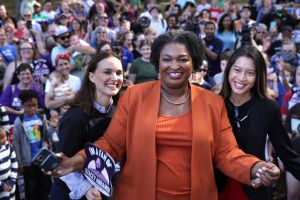
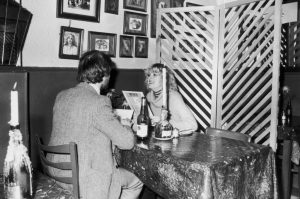

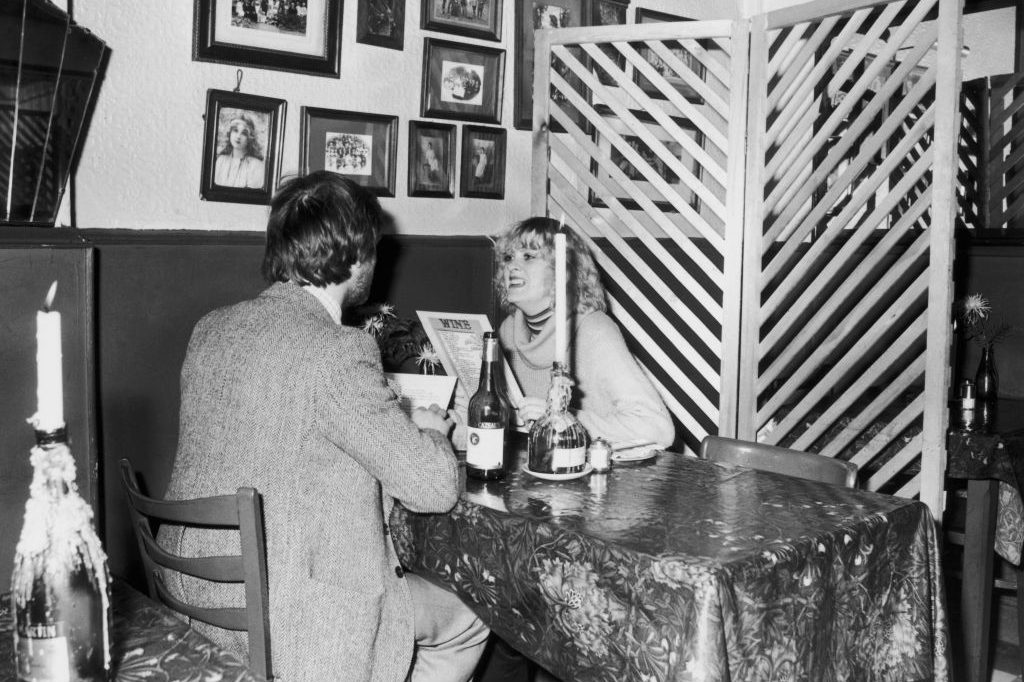

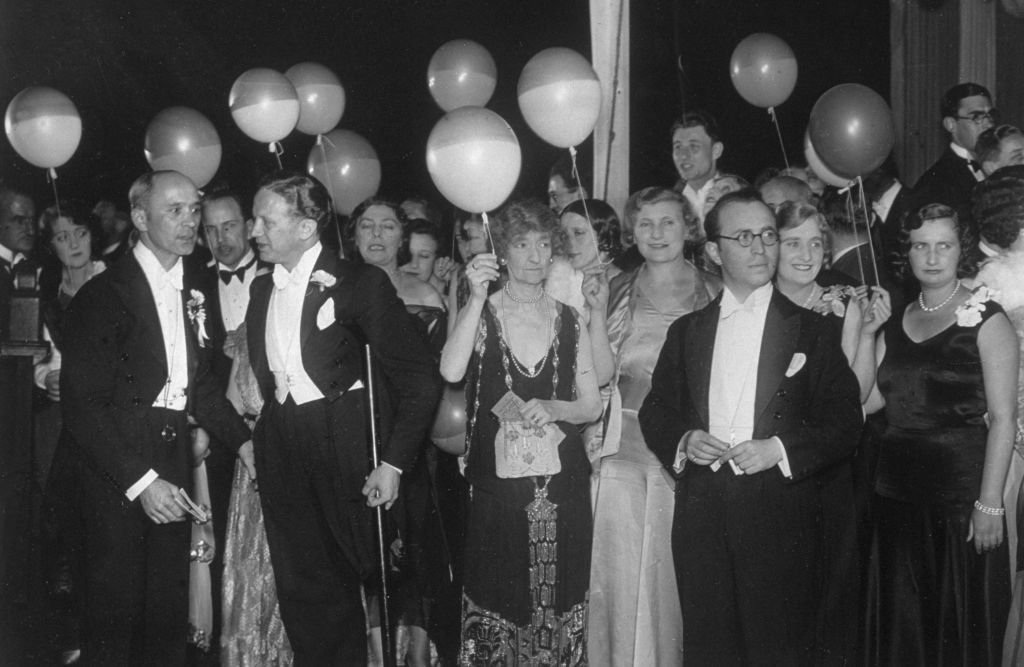
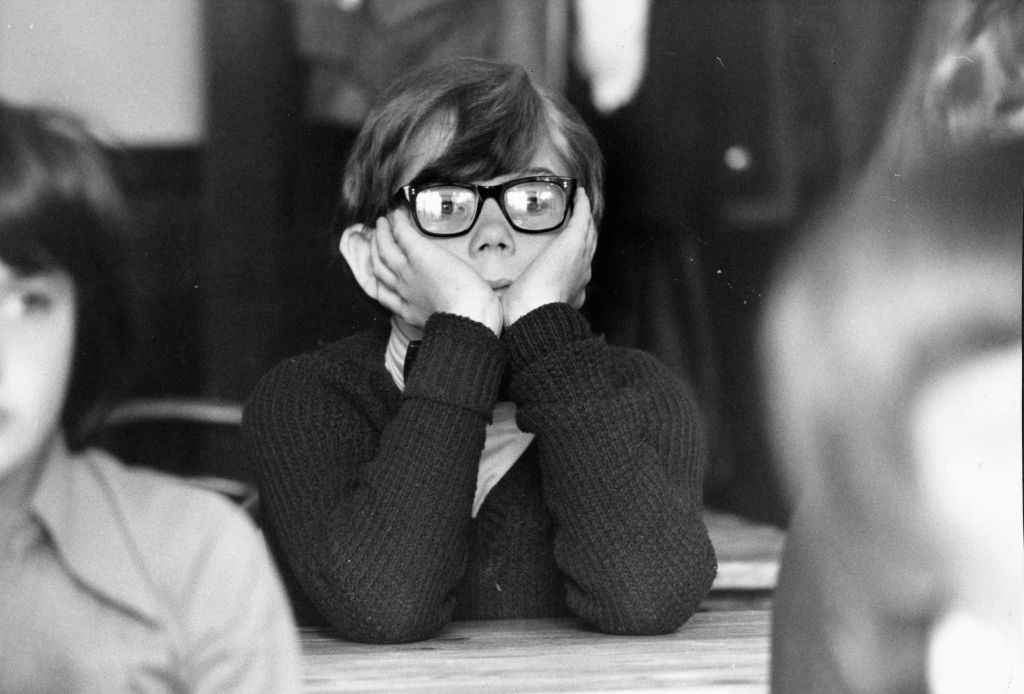
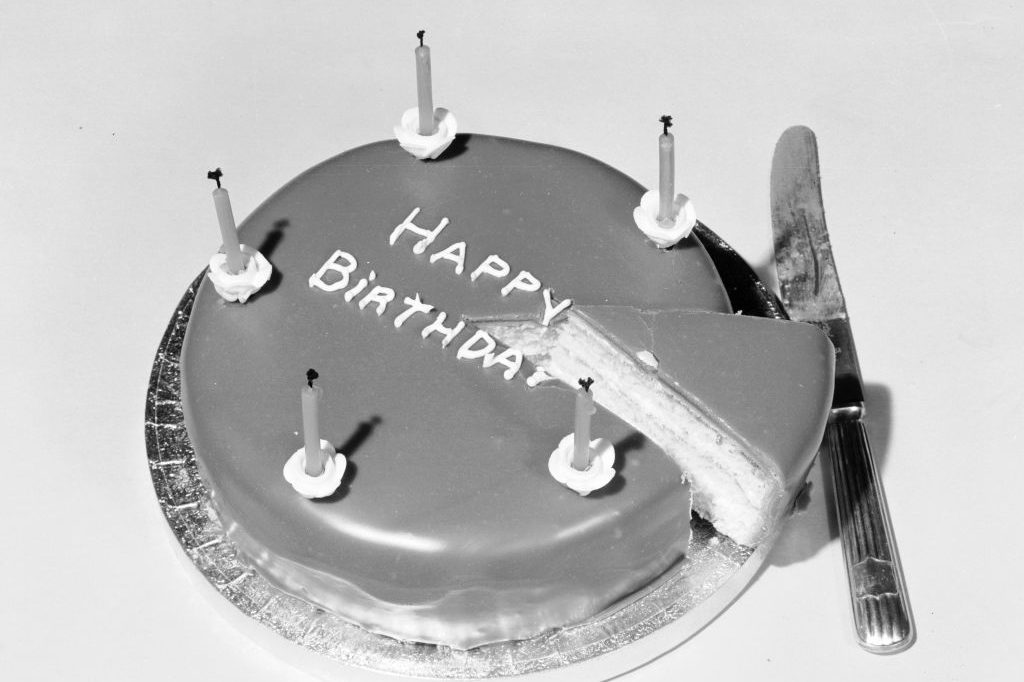








Leave a Reply